This paper investigates the potential associations between factors that affected households during the pandemic (such as food insecurity) and the gendered mental health inequalities in the MENA region. To analyze these potential associations, the paper used data from the World Health Organization (five-question module to measure mental health and well-being) and the ERF COVID-MENA Monitor Survey panel dataset. The results indicate a statistically significant difference in the mental health well-being between men and women, with women’s mental health being significantly poorer than that of men. The results reveal that women, on average, worry more over the health consequences of the pandemic and the household’s economic situation. The analysis also indicates that women on average report higher levels of food insecurity in their households, and this variable significantly explains the observed difference in mental health outcomes between genders. In terms of policy recommendations to address the burden of the pandemic affecting women’s mental health as well as food insecurity, it is crucial to collect more sex-disaggregated data that allows for a more accurate assessment of the food insecurity situation in the MENA region from a gender perspective. To address food insecurity, governments and development partners are advised to invest in food assistance programs as well as to expand existing social safety net programs, especially those that improve female-headed households’ access to healthy and nutritious food. In addition, governments are advised to improve access to mental health and psychosocial services for women, as well as to invest in public policies that allow domestic work to be redistributed equally among family members, including assistance and care services for young children.
- Project Reports & Research Papers
Mental Health and Gender Inequality in the MENA Region: An Analysis of Shock Related Factors within the Context of the COVID-19 Pandemic
- English
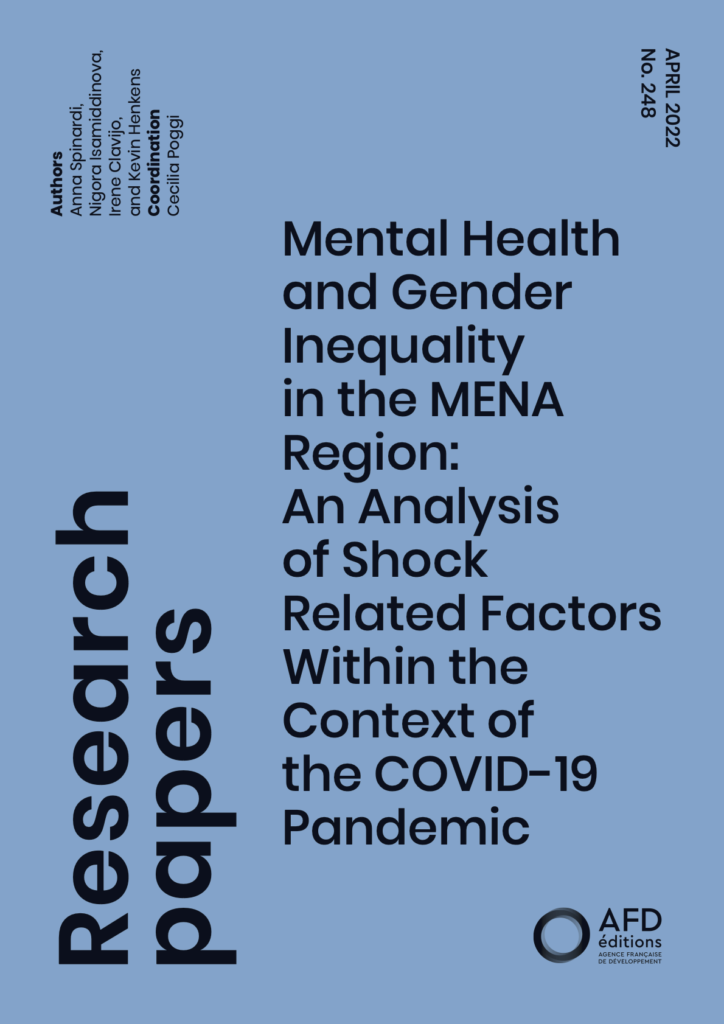

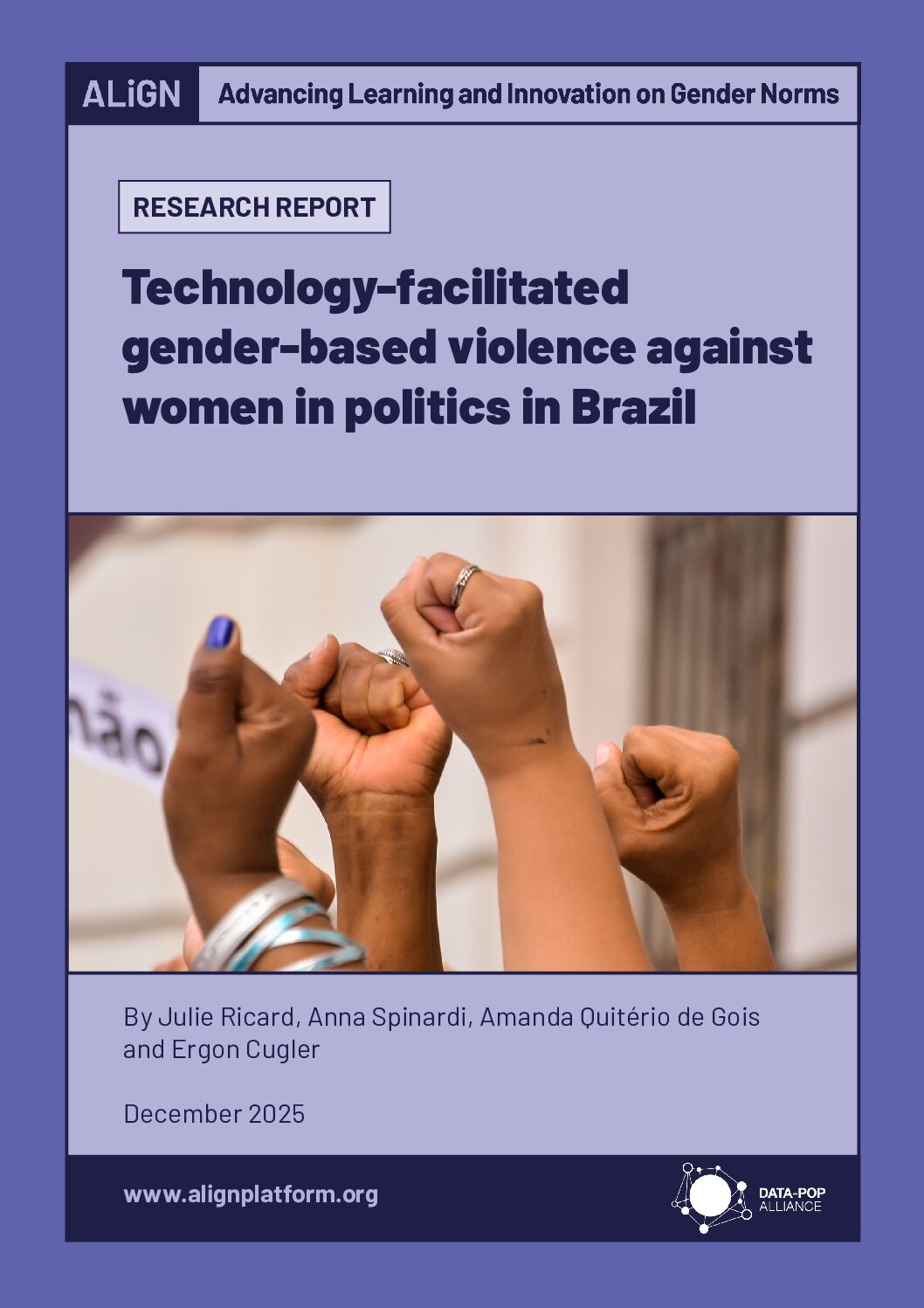
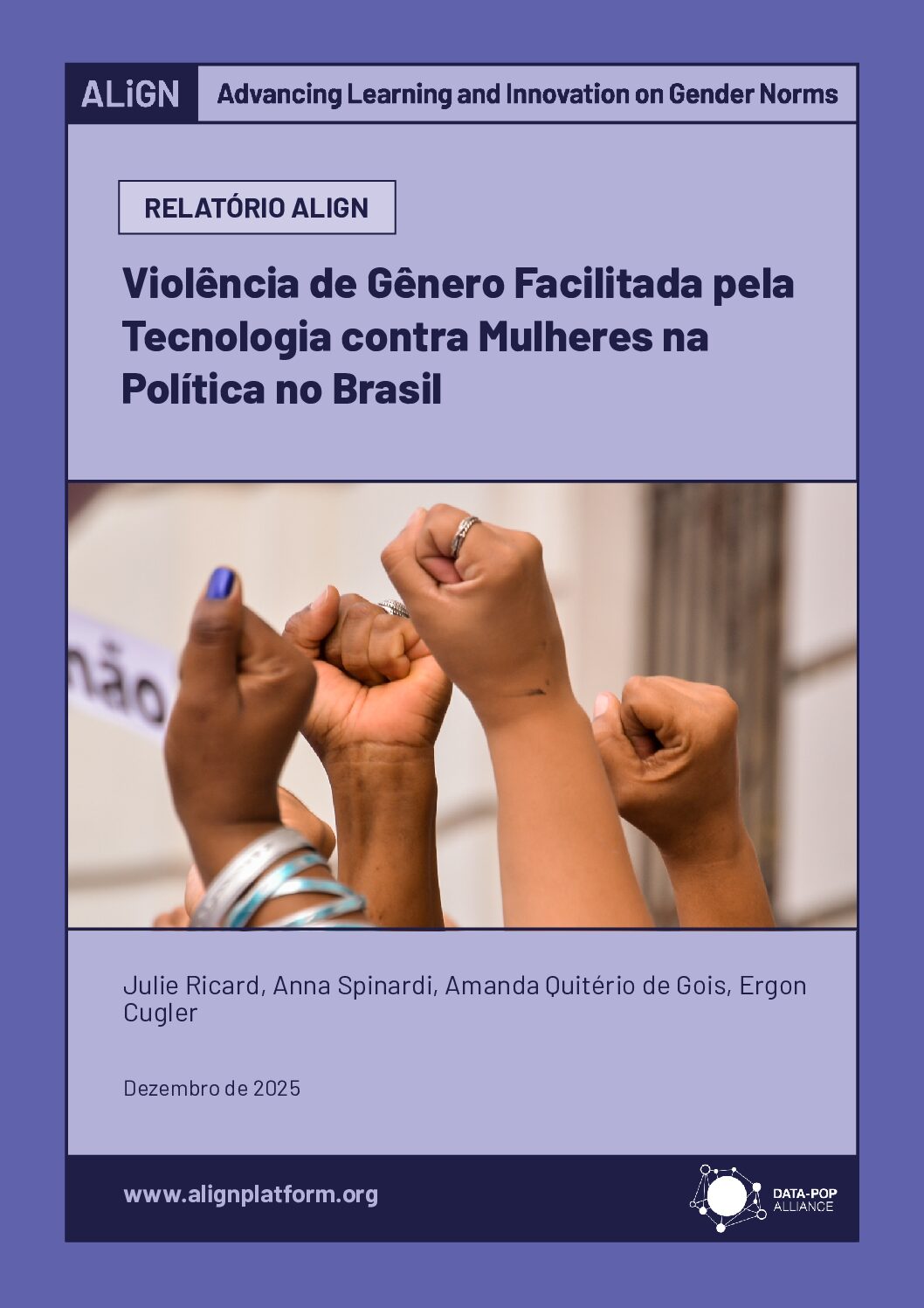
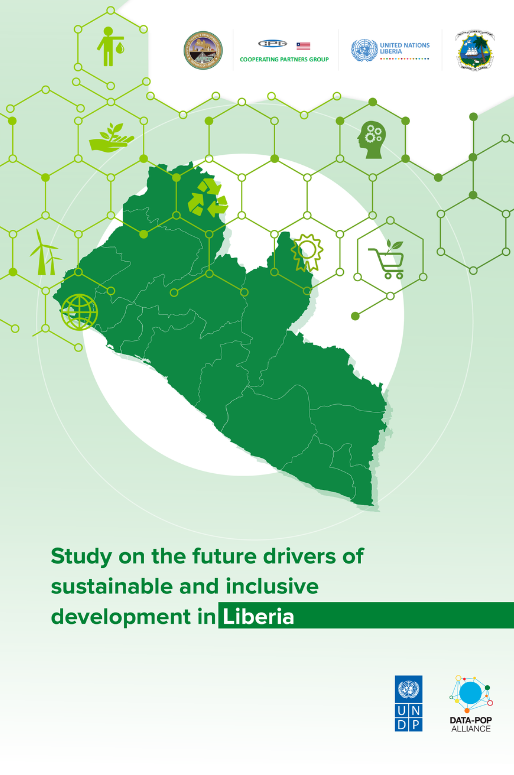

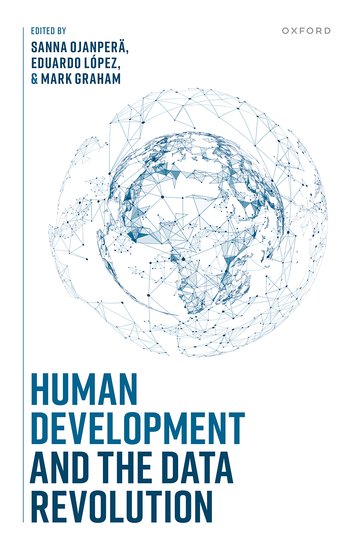
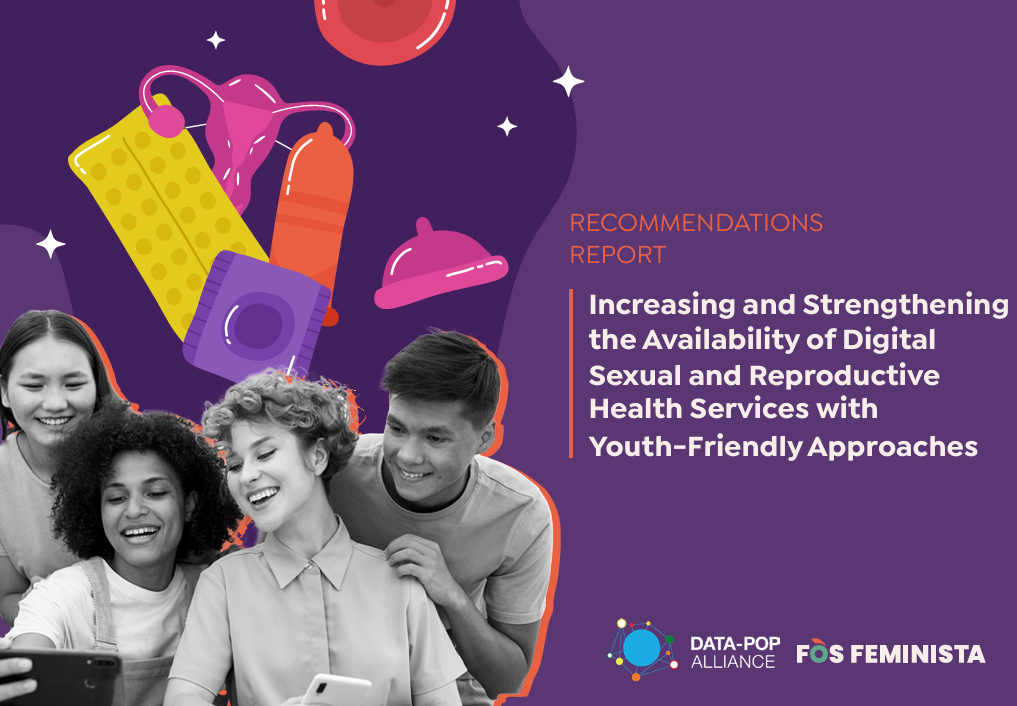
![[P124] cover Bangladesh_Report](https://datapopalliance.org/wp-content/uploads/2025/04/P124-cover-Bangladesh_Report.png)

![[WEB] Feature Blog Post](https://datapopalliance.org/wp-content/uploads/2025/02/WEB-Feature-Blog-Post-.png)
